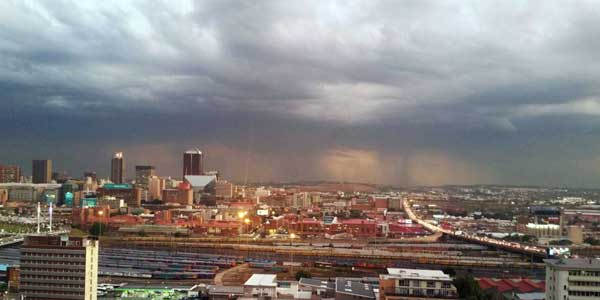News


This powerful book by WiCDS research assoxiate Scott Burnett examines the many complexities of environmental discourse in the age of climate crisis.



Professor Nicky Falkof explains ‘the devil made me do it’, anxiety in Joburg, and her pursuit of compassion.

An important new publication from WiCDS Research Associate Daniel Conway, this is the first book to explore the queer politics of LGBTQ+ Pride in global terms

.png)

WiCDS reseacher invited to join prestigious Austrian fellowship programme

The first wave of an estimated 500 white South Africans touched down in Dulles Airport this month on a US-government chartered airplane.

Rural violence is a huge problem in South Africa that deserves a strong response. But white people are not the only casualties.

Chester Missing and Conrad Koch headline WiCDS 10th Annual Conference on social justice through humour.

Johannesburg is not the most anxious or dangerous city in the world but a valuable site for thinking about how anxiety structures our lives.